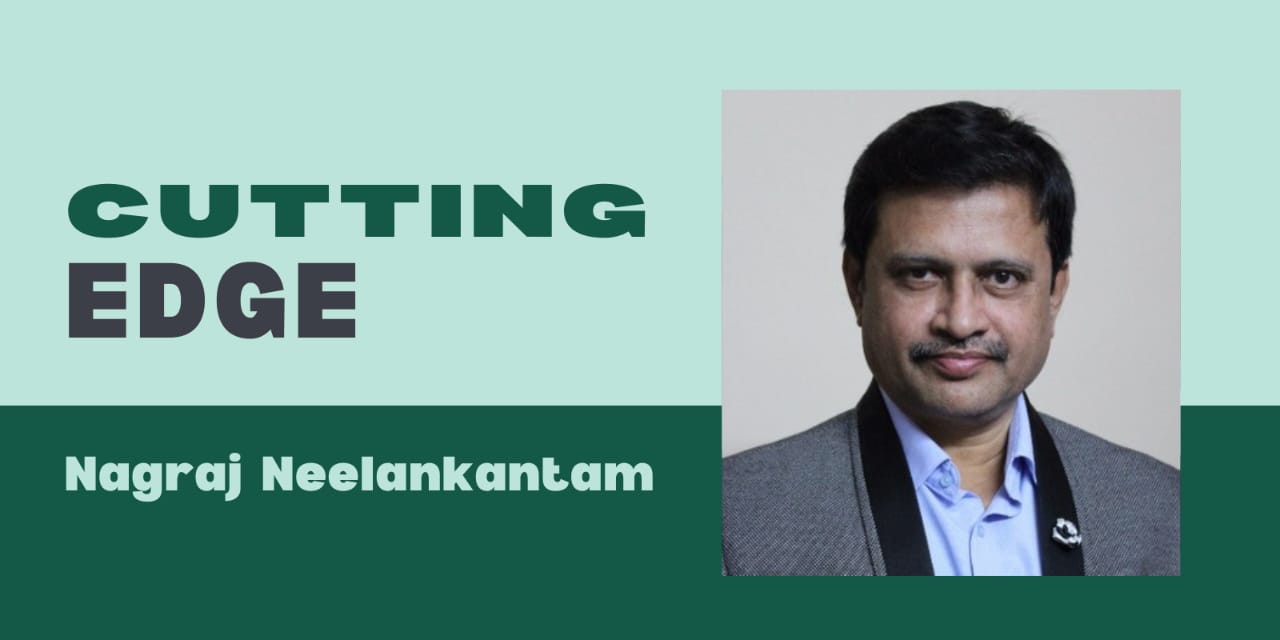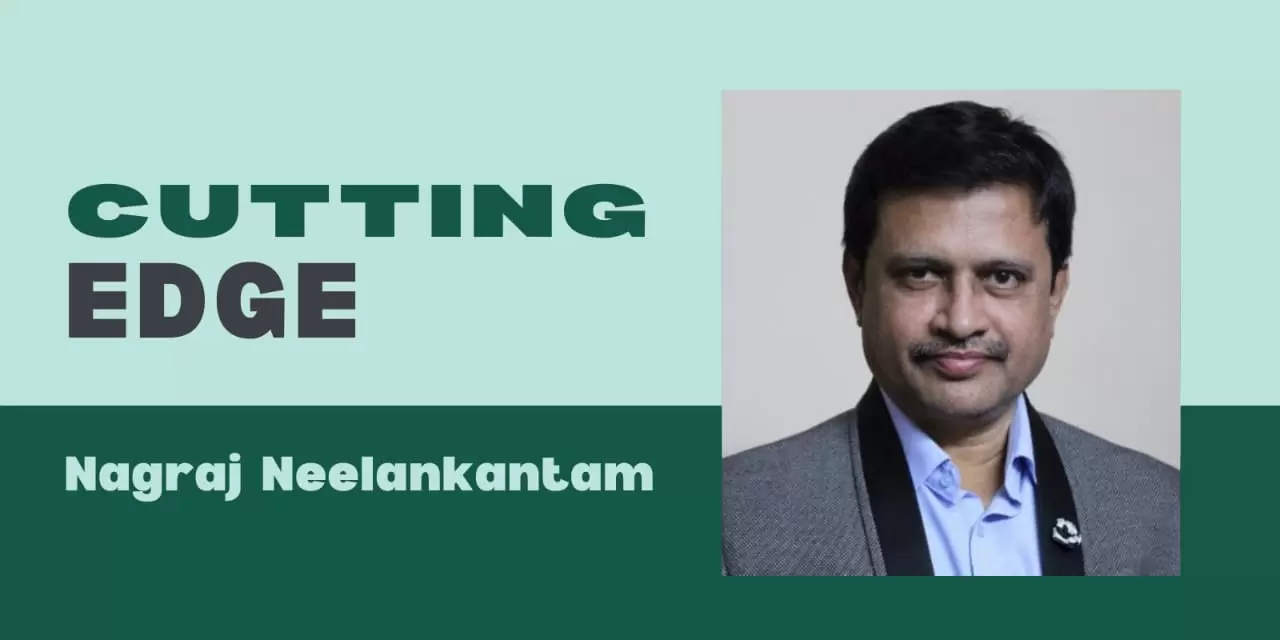Indian politics thrives on spectacle, but the latest storm around Rahul Gandhi has injected a fresh dose of intrigue. BJP MP Nishikant Dubey’s explosive claim—that the Congress leader may be preparing to leave the country—has jolted the discourse, sparking both outrage and curiosity. What began as whispers is now a full-fledged debate about accountability, ambition, and escape.
At the centre of this row is Dubey’s accusation: Rahul Gandhi, cornered by criticism and legal scrutiny, may seek refuge abroad instead of facing his challenges at home. Known for his hard-hitting style, Dubey has warned that Gandhi could turn his back on India’s courts and people. The matter has already brushed the doors of the Supreme Court, underscoring its seriousness and the polarised attention it commands across political and legal circles.
Dubey isn’t stopping at rhetoric. He is preparing a legal case, arguing that Rahul’s alleged misconduct demands more than sound bites—it requires judicial reckoning. By moving the fight from press conferences to the courts, Dubey has raised the stakes, attempting to pin the Congress scion down in the arena of law rather than rhetoric. This sets up a test not only of Rahul Gandhi’s resilience but also of the larger principle of political accountability in India.
Yet the contradictions are glaring. Even as Dubey paints the portrait of a man plotting his escape, Rahul continues to criss-cross constituencies, hold rallies, and fire away on social media. His recent posts have been read as defiant signals, suggesting he is not in retreat. The tension between the image of a “fleeing leader” and that of an “active campaigner” only muddies the waters, leaving the public to interpret which narrative to trust.
The controversy also overlaps with questions of electoral integrity. Rahul has been accused of withholding evidence of malpractice, fueling claims that he is evading disclosures. Dubey, in turn, warns of unrest and possible riots, casting his legal move as a safeguard against instability. In this tug-of-war, every charge and counter-charge becomes a stress test for India’s democratic institutions.

Interestingly, Dubey has widened the battlefield by linking Rahul’s alleged escape plan to the declining credibility of media houses. He cites the botched relaunch of India Today’s magazine as proof of a larger crisis, where both politics and journalism face collapsing trust. To him, the media’s troubles mirror a public mood that is increasingly skeptical of elites in all domains.
Adding to the drama are whispers about Rahul Gandhi’s alleged British passport and potential property interests abroad—claims his critics tout as “proof” of a permanent exit strategy. Dubey has even framed the possibility as an act of betrayal, warning that the Congress leader’s ambitions may be at odds with national loyalty, especially with elections around the corner.
What emerges from this saga is not just a spat between two politicians but a glimpse into the turbulence of Indian democracy itself. On one hand stands the imagery of a leader accused of plotting to run, and on the other, the optics of a campaigner showing no signs of surrender. Whether this unfolds into a case of legal accountability or fizzles into another round of political theatre will depend on the courts, the evidence, and, inevitably, the ballot box.
Indian politics has always thrived on allegation and counter-allegation, where spectacle sometimes overshadows substance. Dubey’s charges against Rahul Gandhi may or may not hold water, but they have already succeeded in intensifying the national conversation. For now, the episode serves as a reminder: in a democracy, ambition and accountability walk a fragile line, and public trust is always the real prize.





